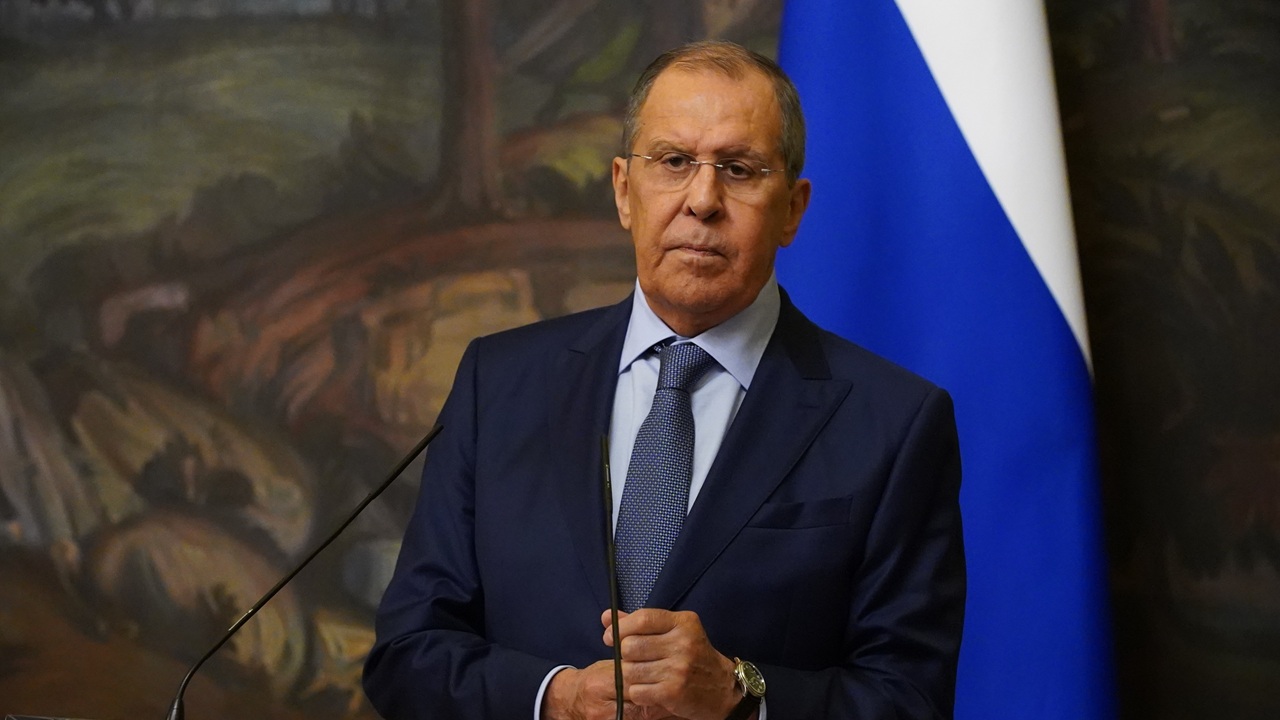
Russia Is On The Move In Eastern Libya
The Russians are taking Africa by storm. And Libya is the centerpiece of that strategy.
Russia is deeply committed to expanding its presence in Africa. However, the abrupt loss of their air and naval bases in Syria following the collapse of the Assad regime was a major setback for Moscow’s long-range plans for dominating the continent. Russia’s bases at Latakia and Tartus were key logistical hubs and transfer points for equipment and personnel transiting down to the various hotspots in Africa in which Russia was involved.
As previously reported in these pages, however, almost immediately after the Russians evacuated their holdings in Syria, Russian-backed rebels fighting for control of Libya began ramping up their offensive operations—in a country that has been divided in two ever since the removal of Muammar Gaddafi from power in 2011.
Russia is Expanding Its Foothold in Libya
According to a report released earlier this month by the geopolitical risk firm Special Eurasia, “Russia is expanding its military footprint in Libya, focusing on the Maaten Al Sarra airbase near the Chadian and Sudanese borders. This action shows a strategic reorientation by Moscow toward the Sahel, resulting from challenges encountered from Syria.”
The report goes on to elaborate how Russia is modernizing the airbase and “leveraging its alliances with key Libyan factions, particularly the Libyan National Army (LNA) under Khalifa Haftar.” The authors further posit that the base in question “might serve as a logistical hub for operations in Mali, Burkina Faso, and potentially Sudan.”
Russia has identified Africa as a key strategic zone of competition—a region that their American rivals have ignored, to the point that Washington has all but ceded the continent to Russia and to China.
Russia’s Africa Project
It is worth noting that British Royal Air Force (RAF) officer Jack Duffield, writing for the Royal United Services Institute (RUSI) in 2023, predicted that “over the next ten years the Sahel region will present an increasingly dangerous and complex terrorist threat. Managing this threat will require a combination of constant regional presence and focused interventions.” The Sahel region includes Senegal, Mauritania, Mali, Burkina Faso, Niger, Nigeria, Chad, Sudan, Eritrea, and others—a who’s-who list of potential future conflict flashpoints.
Russia not only wants to ensure that it has access to those critical minerals in Africa by having bases in or near the continent. They also want to manage the growing terrorist threat emanating from the Sahel region.
Therefore, it is likely that a major Russian-backed offensive in Libya is underway that is meant to enhance Russia’s permanent foothold in the region. At the same time, the government of Sudan has announced there are “no obstacles” from their end for Russia to establish its first naval base in Africa near Port Sudan on the Red Sea. So, by solidifying their hold on Libya and then likely building a major naval facility in Sudan, the Russians are set to sweep across Africa as never before.
But Libya is key to their plans.
Libya and Sudan are Key to Russia’s Africa Ambitions
Yet any Russian naval presence in Libya would be contingent upon the goodwill of the Turkish government, since the Turkish Navy is the most dominant in the region. Russia has, however, proven to get what it needs even in the face of Turkish resistance. And Moscow is looking to get back at Ankara for their pivotal role in pushing long-time Russian ally, Bashar al-Assad, from power in Syria.
Besides, with Russia reactivating their massive Kirov-class battlecruiser as the equivalent of a giant, floating missile truck, the Russian Navy could park that monster off the coast of Libya and impose their will on the fragmented country.
The Russians are taking Africa by storm. And Libya is the centerpiece of that strategy. Be watching for sustained, increased Russian military action in Libya as it will signal the true importance of Libya to Russia—and the expansion of Russian power at a time when Americans thought they were finally containing the Kremlin.
About the Author: Brandon J. Weichert
Brandon J. Weichert, a Senior National Security Editor at The National Interest as well as a Senior Fellow at the Center for the National Interest, and a contributor at Popular Mechanics, consults regularly with various government institutions and private organizations on geopolitical issues. Weichert’s writings have appeared in multiple publications, including the Washington Times, National Review, The American Spectator, MSN, the Asia Times, and countless others. His books include Winning Space: How America Remains a Superpower, Biohacked: China’s Race to Control Life, and The Shadow War: Iran’s Quest for Supremacy. His newest book, A Disaster of Our Own Making: How the West Lost Ukraine is available for purchase wherever books are sold. He can be followed via Twitter @WeTheBrandon.
Image: Shutterstock.